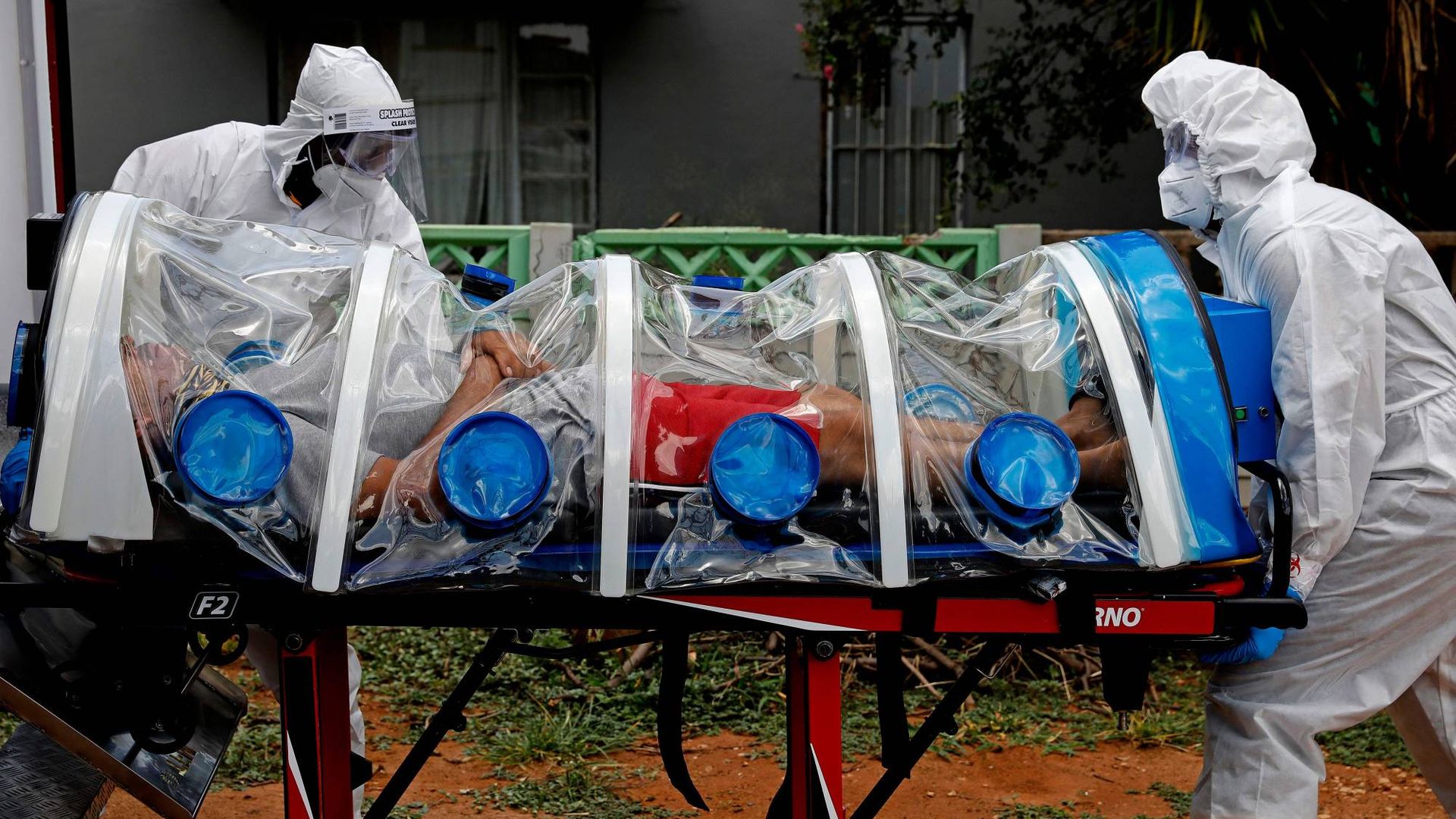With new variants of the coronavirus emerging across the U.S. and many in Illinois still awaiting their chance to receive the vaccine, some are wondering if there’s a risk of contracting COVID twice.
As part of its live Q&A with medical experts to address common questions surrounding the vaccine, NBC 5 asked Dr. Emily Landon, executive medical director of Infection Control and Prevention at University of Chicago Medicine about the risks of re-infection.
“Well, the answer is unfortunately yes,” Landon said during the “Vaccinated State” panel Thursday. “Now most people are not going to get COVID-19 a second time, but some people are at risk of that.”
According to Landon, people who experience reinfection likely won’t get for a second time within the first 90 to 180 days of their first infection, “but that doesn’t mean that you shouldn’t be extra careful.”
Landon added that some of the newer variants currently circulating in the U.S. “are more likely to cause recurrent disease.”
Already in Illinois, cases of newer variants first reported in the U.K. and South Africa have been reported.
The Illinois Department of Public Health revealed last week that the first case of the coronavirus variant B.1.351, first identified in South Africa, was found in the state.
The first known Illinois case of the more contagious U.K. strain was announced by health officials on Jan. 15.
RELATED: Women And Girls Not Safe At Home During Pandemic
A third variant out of Brazil, called P.1, has also been detected in the U.S.
According to the Centers for Disease Control and Prevention, the agency is closely monitoring emerging variants that “have mutations in the virus genome that alter the characteristics and cause the virus to act differently in ways that are significant to public health.” The agency said the current variants “spread more easily and quickly than other variants.”
The CDC notes, however, that “genetic mutations are expected, and some variants can spread and become predominant while others subside,” but studies so far suggest that antibodies from the current coronavirus vaccines in the U.S. “recognize these variants.”
“Some of the newer variants are more likely to cause disease in people, are more likely to cause recurrent disease – they can happen in people who’ve had COVID before,” Landon told NBC 5.
“And so it’s really important that everyone get the vaccine. It really will boost your immunity, even if you’ve had COVID before.
And that’s one way you can combat and try and avoid getting COVID again.”
Your bad illness last fall most likely wasn’t COVID-19
Many people have pinned their terrible illnesses that popped up right before the pandemic on the coronavirus.
But Dr. Esper says this is highly unlikely. Why? Because a lot of viruses can cause similar symptoms to those of COVID-19.
“It is way too early for you to assume that you’re out of the woods if you had COVID-19 or you think you had it but weren’t tested.
There are a lot of other viruses out there that cause similar symptoms. You could have had a really tremendous cold or flu, or you could have had any number of viruses — adenovirus, etc.
You can’t really tell the difference between the coronavirus infection and adenovirus infection or any of these other viral infections.
They can all be bad. So, I would not just assume that you’ve already been infected with COVID-19,” says Dr. Esper.
He adds that while we might be under the impression that many have already been infected, most people to this point have not.
That means a great deal of us remain susceptible to COVID-19.
“If most people had already been infected we wouldn’t have seen the skyrocketing case numbers every day, beating the last day’s record.
It just tells you how many susceptible people are out there and that we all have to work together to try to minimize how many people get infected.”






